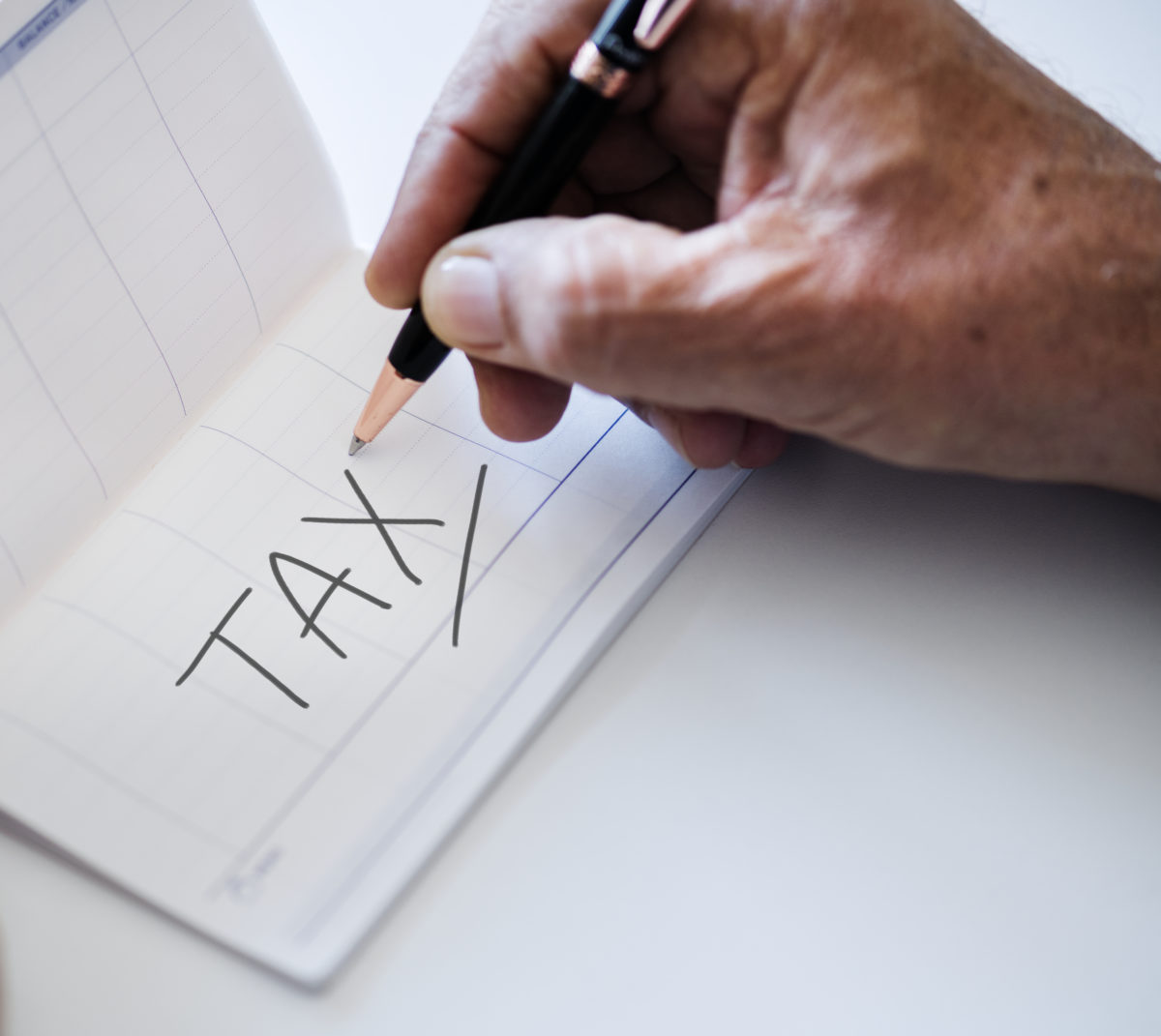The United Arab Emirates (UAE) has long been a top choice for businesses seeking a tax-friendly environment. Unlike many countries, the UAE historically boasted minimal taxes, attracting a significant amount of foreign investment. This tax landscape played a major role in establishing the UAE as a global hub for trade and commerce.
In this scenario, the UAE has taken a major step forward in its tax administration with the release of the Corporate Tax (CIT) return form. This mandatory document signifies a new era for businesses operating within the UAE, requiring them to report their taxable income for a specific tax period.
What is the CIT Return Form?
The CIT return form is essentially a report card for businesses in the UAE. It captures a company’s financial health and tax situation for a designated tax period. Businesses are legally obligated to submit this form electronically, no later than nine months from the end of the relevant tax period.
What information does the Form capture?
The CIT return form is designed to be comprehensive, ensuring accurate tax calculations and adherence to UAE tax laws. Here’s a breakdown of the key sections:
- Taxpayer Information: This section gathers basic details about the entity, including its name, tax registration number (TRN), the tax period being reported, and the accounting basis used.
- Elections: This section empowers businesses to make strategic choices that can impact their tax liability. Options include opting for Small Business Relief, which offers benefits for smaller companies, or excluding income generated by foreign permanent establishments (PEs) from their taxable income.
- Financial Summary: This section dives into the company’s financial performance. It captures details like revenue, expenses, Earnings Before Interest, Taxes, Depreciation, and Amortization (EBITDA), and most importantly, the net profit or loss before tax. This data forms the foundation for calculating the CIT liability.
- Tax Computation: This crucial section takes the financial information from the previous section and factors in exemptions, reliefs, and non-deductible expenses. By applying the relevant tax rates, this section determines the final amount of Corporate Income Tax payable by the company.
- Additional Information: This section serves as a catch-all for any additional information or supporting documents the tax authorities may require. Businesses should use this space to ensure complete transparency and compliance with UAE tax regulations.
Importance of timely and accurate submission
Filing the CIT return form accurately and on time is not just a formality; it’s a legal requirement. Failure to comply can lead to penalties. The UAE enforces a tiered penalty system, with fines starting at AED 500 per month for late filings during the first year, escalating to AED 1,000 per month thereafter.
The road ahead in the UAE tax landscape
The introduction of the CIT return form represents a significant step in the UAE’s ongoing efforts to build a robust tax infrastructure. This system facilitates businesses in meeting their tax obligations while contributing to the country’s economic development. As a business operating in the UAE, it’s crucial to familiarize yourself with the CIT return form and its requirements. By ensuring timely and accurate submissions, you can guarantee compliance with UAE tax regulations and avoid any potential penalties.
MS for your timely and accurate tax compliance
Our tax team at MS provides a hassle-free solution for all your tax needs. We expertly manage your Corporate Tax, VAT, and ESR to ensure seamless compliance and optimize your bottom line. By staying current with the latest UAE tax regulations, we guarantee accurate filings and minimize your risk of penalties. Our team identifies all available deductions and credits to help reduce your overall tax burden. Furthermore, we offer strategic tax planning advice tailored to your business goals, enabling you to make informed decisions that maximize long-term profits.
